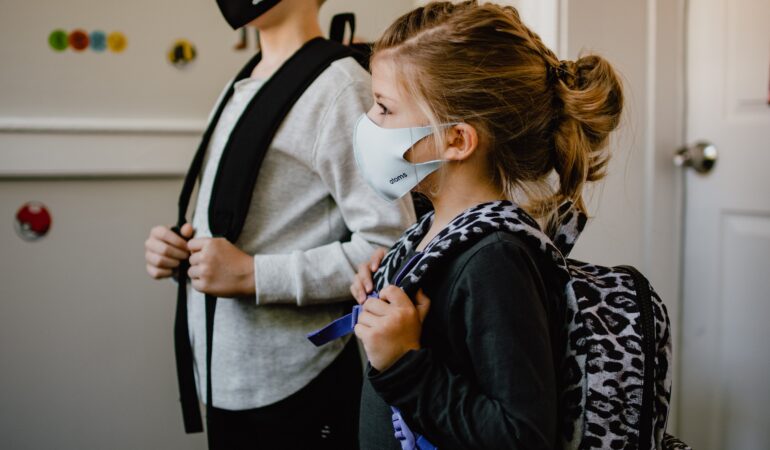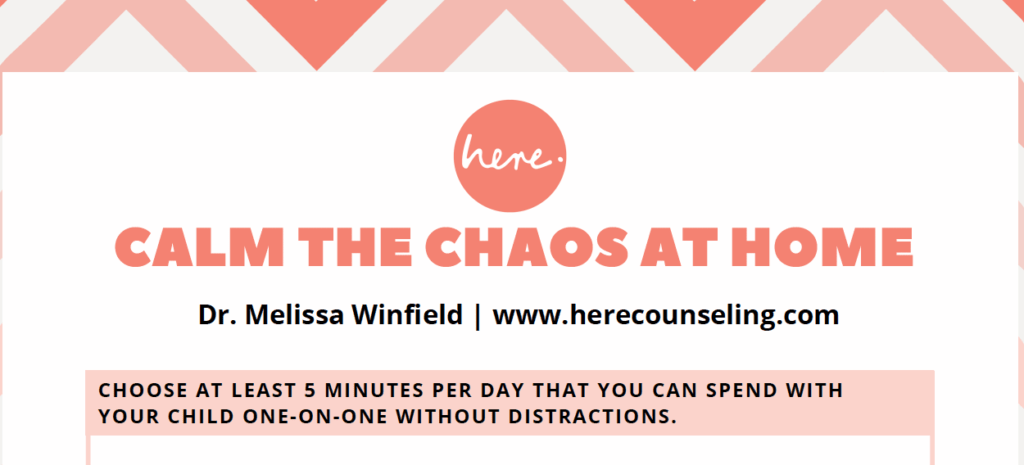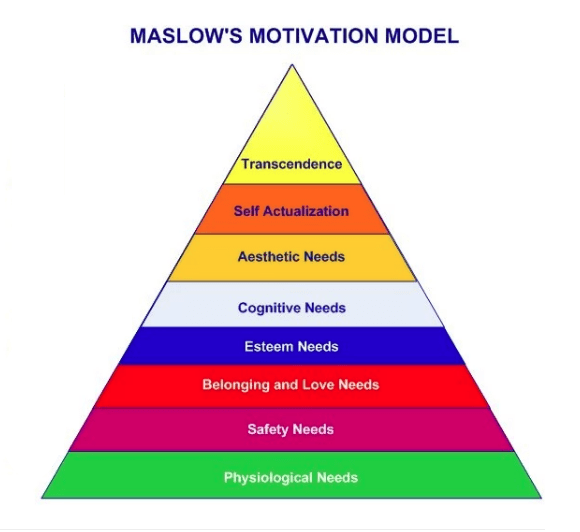Successful Transitions: Back to School
“How can parents best support their child during this time? We’re joined by Melissa Winfield, licensed clinical psychologist at Here Counseling in downtown Los Angeles, to discuss.”
Melissa Winfield, PsyD was interviewed by AirTalk with Larry Mantle for KPCC. The intervew with Dr. Winfield begins at 35:00.
Back-to-School
Back-to-school looks different this year. After a year and a half of the pandemic, kids, parents and teachers are all feeling the impact of yet another transition. For some kids being back in the classroom is a highly anticipated relief from the challenges of remote learning. They are excited to see friends and have the support of teachers. Others are more worried about this change.
Even with the excitement, new transitions can increase anxiety and apprehension for children and teenagers. In order to help kids with this transition, we need to understand the unique stressors that children and teenagers are experiencing and the necessary parenting tools.
Mental Health Impact of Transition
All transitions, even happy ones, can cause increased stress for kids. They will be facing new expectations, engaging with new people, having to get up early again…and dealing with the emotional impact of the pandemic.
Unlike other years, many students have missed out on a whole year of being with peers and learning in person. This may result in the following experiences:
- Increased self-consciousness about the changes in their bodies (ex. Growing taller, gaining weight, starting puberty)
- More social pressure as they reconnect with peers in person
- Feeling awkward or believing that they have lost social skills
- Exhaustion due to not being used to the demands of school
- Fear about getting COVID-19 at school and bringing it home to at risk family members
Additionally, the isolation and stress of the pandemic has caused an increase in depression and anxiety among children and teens. Even if going back to school is a good change, they may still be experiencing more worries, discouragement, and lack of motivation than they were prior to the pandemic.
Parent Tools
So what can parents do to help? Well…a lot, actually! Parent engagement and support is a major contributor to helping kids deal with stress and build resilience.
Here are some things that you can do to help your child/teenager cope during the transition:
- Talk About Feelings
Recognize that increased irritability or acting out may be the result of stress and help your child verbalize how they are feeling. You may need to model expressing your own feelings to help them learn this skill. Ex. “I’m feeling nervous about seeing people in person again, how are you feeling about going back to school?” - Keep Routines
Limit the changes in routine as much as you can, especially if your child is struggling with going back to school. Routines help kids feel safe and secure because they know what to expect. Try to keep routines that you have been doing during the pandemic. For example, if you spent more time as a family doing certain activities or have been visiting specific friends or extended family during the pandemic, keep doing those activities regularly. - Provide Reassurance
When kids are anxious, they need a lot of reassurance that it’s going to be ok and that they are safe. If you child is nervous about going back to school because of COVID, help them understand the safety precautions provided at school and how this can help keep them safe. They may need to hear this reassurance multiple times to trust that things haven’t changed again. Praise kids for following guidelines so that they feel good about themselves and their efforts to maintain safety. - Take Care of Yourself
Parent anxiety can increase stress on kids. Children take in both verbal and non-verbal cues from adults about how safe or scary a situation is. By taking action to manage your own anxiety and stress, you can be more encouraging, positive and reassuring for your kids. Watching you handle stress well can go a long way to help your children build resilience and be successful in this transition.
And as always, reach out for help if you would like to talk to a therapist about the specific needs of your child or are struggling to manage your own emotions in this time. Transitioning back to in person school during a pandemic is a new challenge for everyone. Thankfully with the right support most kids will become more resilient and learn to cope with this new transition.














